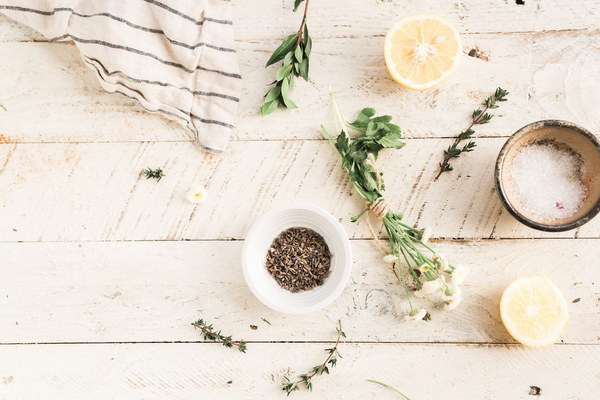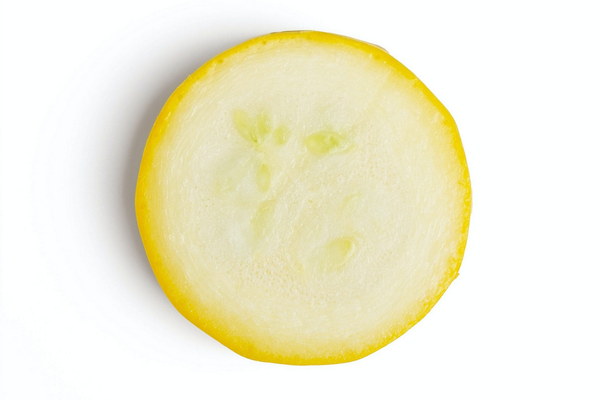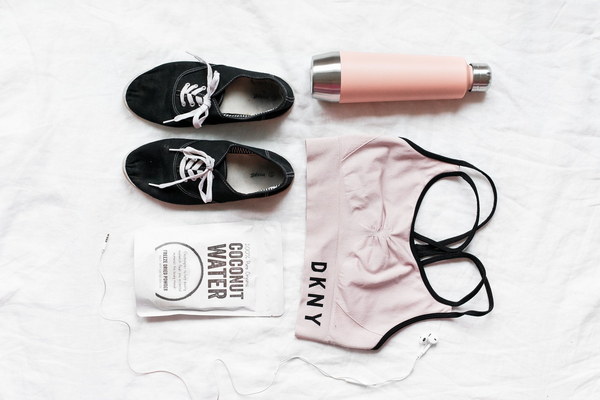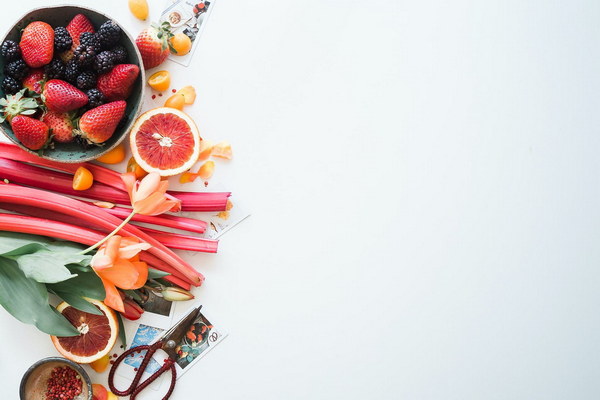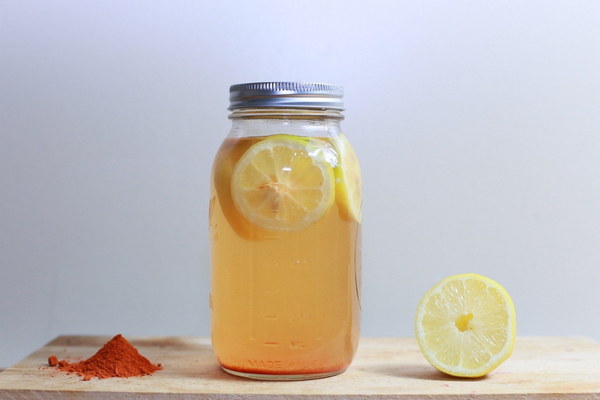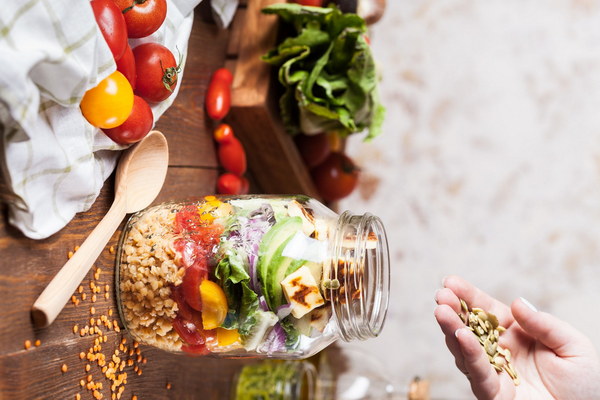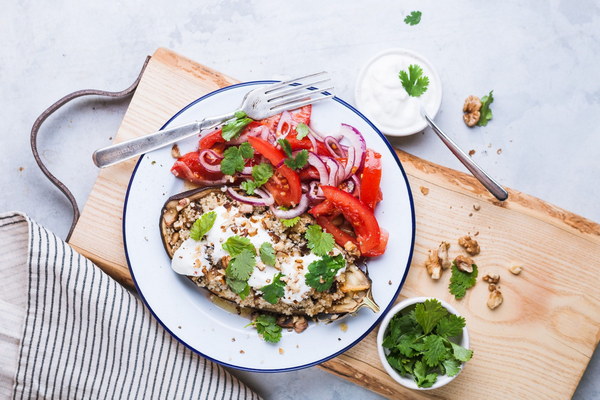Postpartum Nutrition How to Replenish and Nourish Your Cat After Giving Birth
After the exhausting process of giving birth, it is crucial to ensure that your cat receives proper nutrition to help her recover and provide the best care for her kittens. The postpartum period can be a challenging time for both mother and kittens, so it is essential to understand how to replenish and nourish your cat during this time. Here are some tips to help you ensure your feline friend is well taken care of.
1. Provide a balanced diet:
Feeding your cat a well-balanced diet is essential to support her postpartum recovery. Focus on high-quality, nutritious food that meets her nutritional needs. Here are some key components to consider:
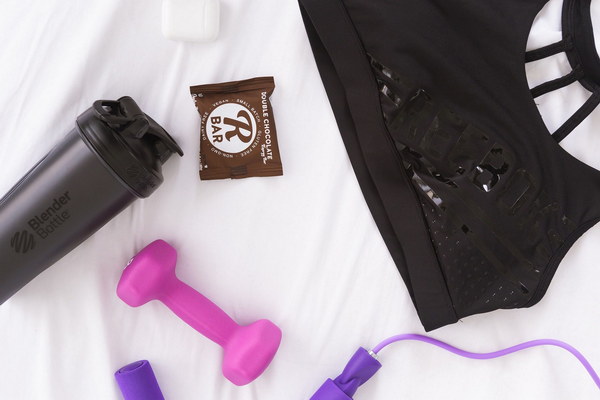
a. High-protein food: Cats require a diet rich in protein, especially after giving birth. This helps to repair tissues and produce milk for her kittens. Look for a high-quality, high-protein kibble or wet food that is specifically formulated for postpartum cats.
b. Omega-3 fatty acids: These essential fatty acids help reduce inflammation and support the development of the kittens' nervous system. Include foods rich in omega-3s, such as fish oil, flaxseed, or krill oil, to enhance your cat's diet.
c. Calcium and phosphorus: These minerals are vital for the growth and development of the kittens. Ensure your cat's food contains adequate calcium and phosphorus to support this process.
2. Increase calorie intake:
Postpartum, your cat's energy requirements will be higher than usual. She will need additional calories to produce milk and maintain her health. Adjust her food portion sizes accordingly, ensuring she has access to food throughout the day if necessary.
3. Provide fresh water:
Hydration is crucial for both mother and kittens. Ensure your cat always has access to fresh, clean water. If you notice that she is drinking less water, consider adding ice cubes or offering her wet food to encourage hydration.
4. Offer supplements:
In some cases, your veterinarian may recommend supplements to support your cat's postpartum recovery. These may include:
a. Probiotics: These can help maintain a healthy gut flora and support digestion.
b. Prebiotics: These can help improve nutrient absorption and support the immune system.
c. Multivitamins: If your cat is not getting all the necessary nutrients from her diet, a multivitamin may be beneficial.
5. Monitor weight and health:
Keep a close eye on your cat's weight and overall health during the postpartum period. If you notice any changes or concerns, consult with your veterinarian for advice.
6. Create a comfortable environment:
Ensure your cat and her kittens have a safe, warm, and comfortable place to rest. Provide blankets, soft bedding, and a quiet area for your cat to bond with her kittens without interruptions.
7. Avoid sudden changes:
Postpartum, your cat may be more sensitive to changes in her routine. Avoid making any sudden changes to her diet, environment, or care routine, as this can stress her out and hinder her recovery.
By following these guidelines, you can help ensure that your cat receives the proper nutrition and care she needs during the postpartum period. Remember, a healthy mother is essential for the well-being of her kittens, so take the time to prioritize her needs during this crucial time.
